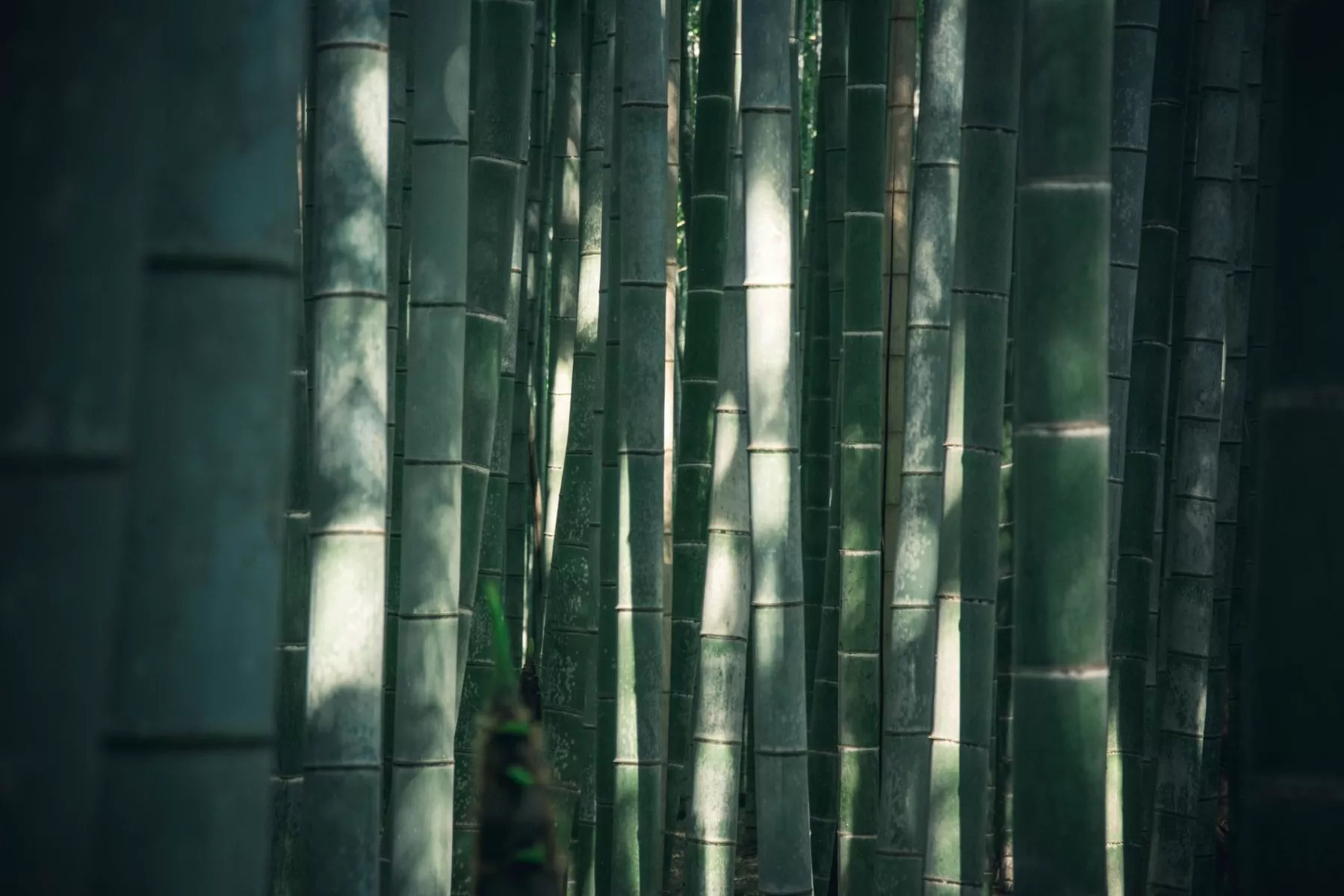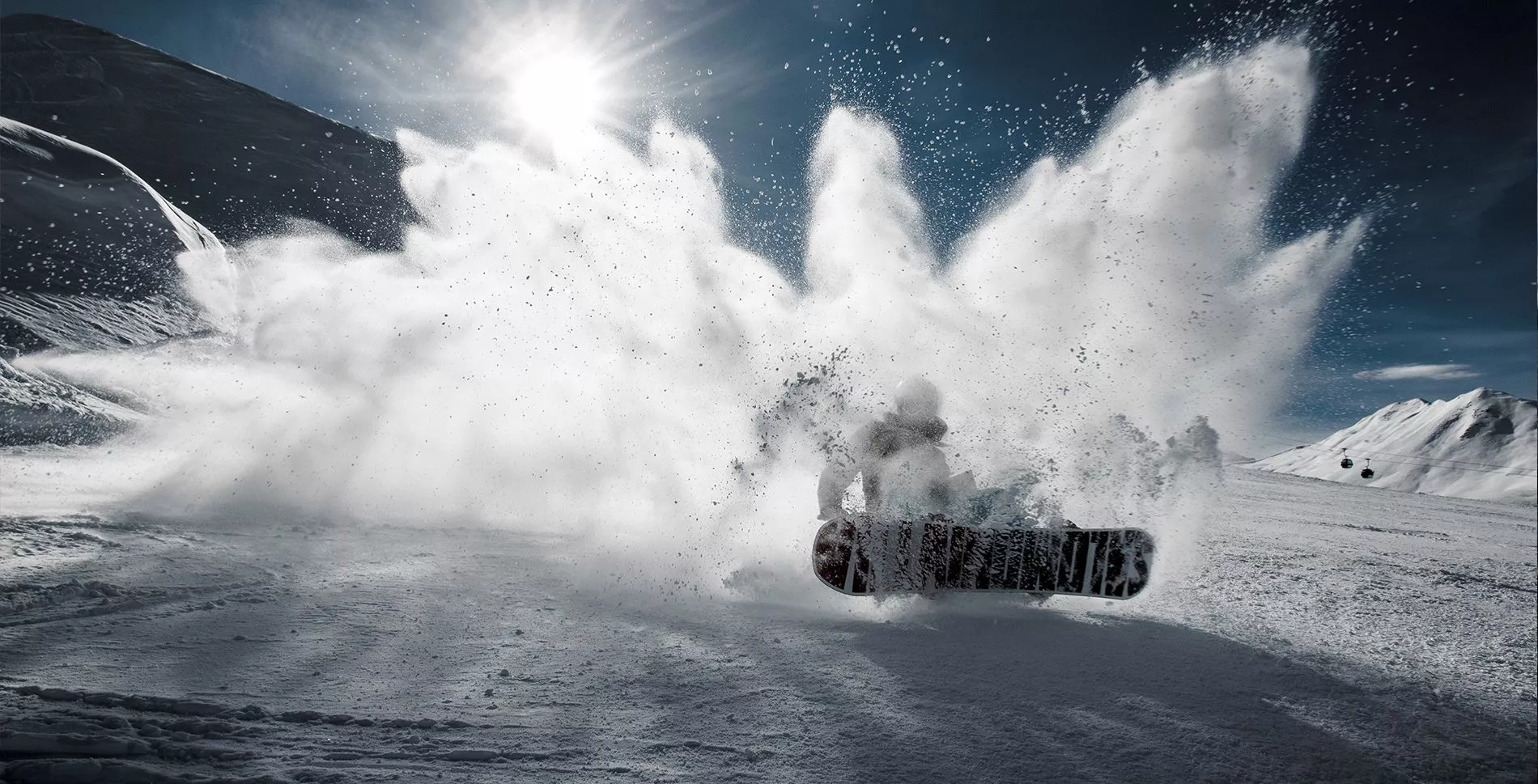Get 10% off and be the first
to discover new brands!
Can you name any European sustainable snowboard brands? Do you know which ones make boards from bamboo or biological resin? What methods exist that make snowboard manufacture more eco-friendly?
If not, fear not! Our job at the Fair Cottage is to be a hub of information, letting you know about alternative products that are aligned with ethical values and kind to nature, of which we are all a part.
Wooden and Sustainably Made Snowboards
One of the first steps in the design of snowboards is choosing the core material of the board itself. Normally, the material selected is wood, in which case it should be FSC certified in order to be considered eco-friendly. The FSC certification guarantees trees are taken from a sustainable forest or woodland rather than a deforested area which pays no regard to regeneration.
Jones, who manufacture their boards in Austria, are a perfect example of an eco-friendly brand using FSC certified wood, as well as other ecological innovations, such as bioplastic topsheets and bamboo veneers. Edges and sidewalls are made from recycled steel and ABS respectively. All rubber components are recycled too, and the boards are brought up to their high aesthetic standards with linen fiber, water-based paint, solvent-free varnish and natural board wax.
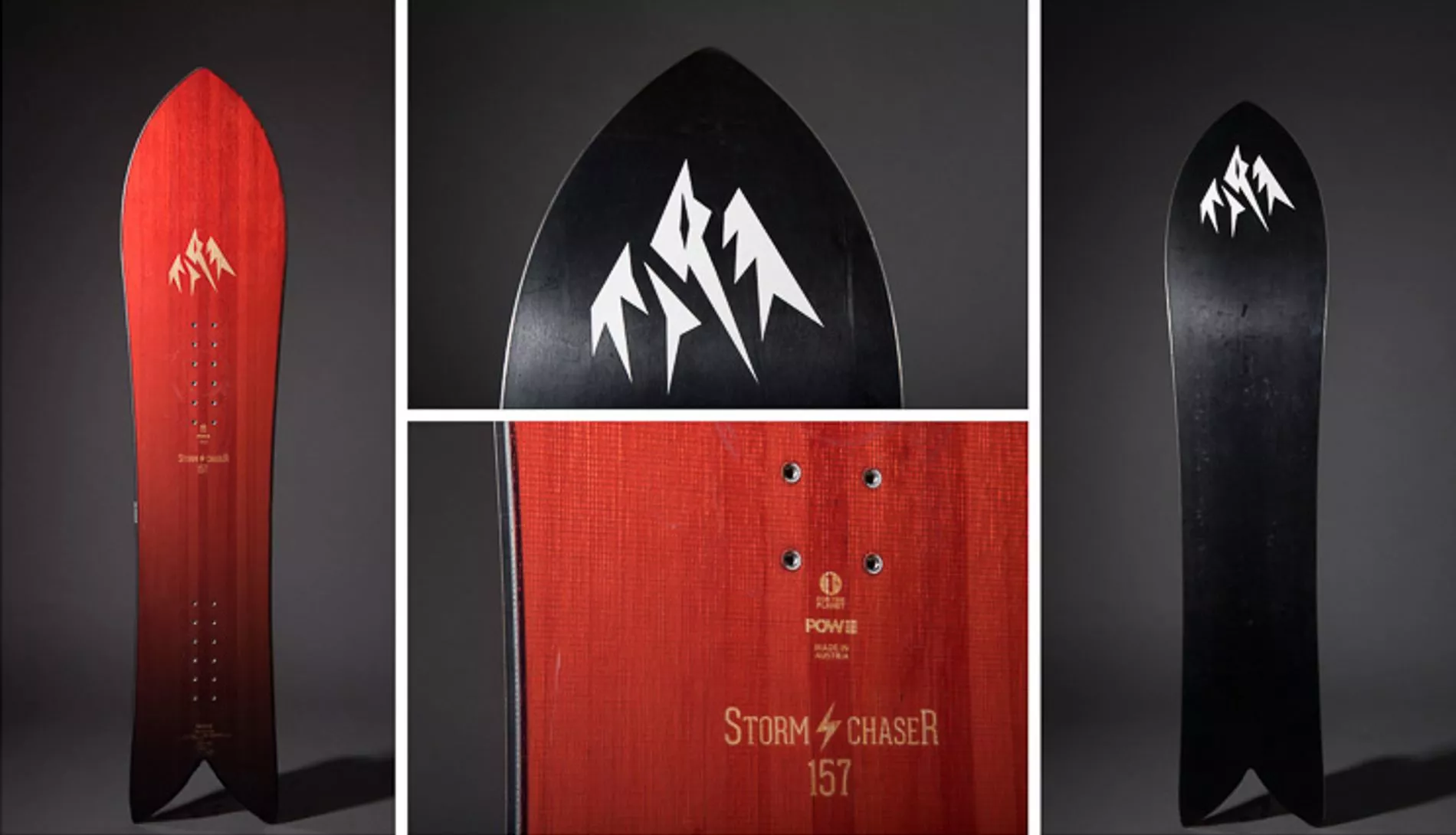
Jones are not the only ones to catch on to such eco-innovations. Young brands like Borealis of France use many of the same smart-materials as well as eco-friendly resin for their listing and basalt fiber to replace fiberglass and conventional carbon strings. They also use wax from the recently IPSO awarded Spanish brand, NZero.
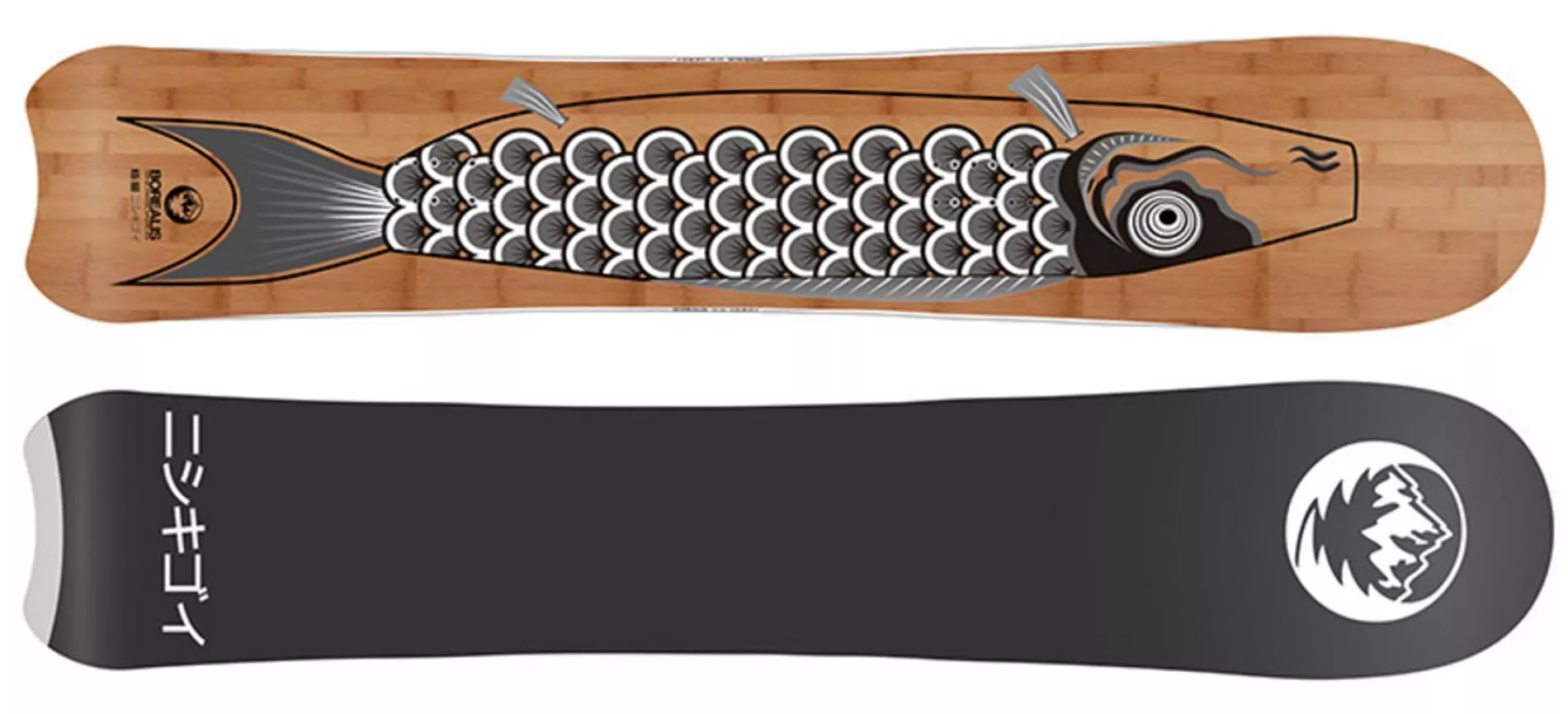
Anticonf is a brand from Switzerland and ISPO winter hardware innovation award winner. They use bamboo and FSC certified wood, natural fiber and cork in the manufacture of snowboards and skis, as well as producing similarly sustainable wakeboards, longboards and inboards.
Many big-brands are also giving the issue of sustainability the attention it deserves. Niche and CoLab-Movement clearly demonstrate their efforts with their range of eco-friendly boards. Other brands, despite using some other ecological or certified material, do not prove to be as transparent as we would hope, showing little or no information on materials and manufacturing processes to consumers. Perhaps this is because they are still on a linear trajectory instead of slaloming towards circular economy. However, it should be noted that almost all brands now use FSC certified wood, which as Burton clarifies on its website, is a step in the right direction. The most sustainable brands are typically Bluesign certified, a fiver star marker in terms of ecological and less harmful chemical use.
The 'Off Piste' Eco Ski and Ski Pole Alternatives
Of course, we must not forget to mention the ski manufacturers who, likewise take the environmental impact of their processes and materials very seriously. US manufacturers such as Liberty use bamboo in their ski poles, as do the German brand, Poleplant Ace.
With their being an abundance of snow laden countries in Europe, we find countless pioneering crafters of skis in this region too, a few of which stand out for their transparency and merits in sustainability. Just like Idris, from France, who were awarded at the 2013 ISPO fair for their sustainable production methods and use of bamboo and bio-resin in their skis.
Exploring further into the Swiss Alps, we find Grownskis, that utilise certified wood, basalt fiber, pine resin glue and perhaps most excitingly, hemp in the manufacture of their skis, for which they were awarded at the 2018 ISPO fair as Eco Achievement Brand.
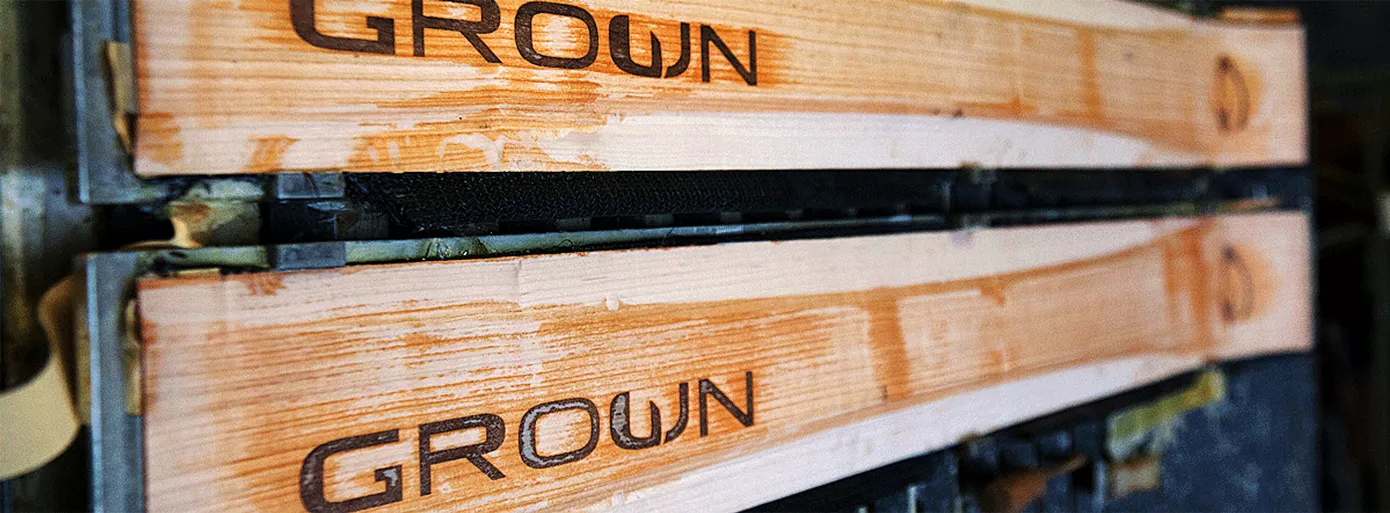
Further North in Germany, Völkl are using recycled materials in addition to sustainably extracted wood in the skis. Moving even further up through Europe, we discover Lokomotiv, who hand make skis in scandinavia using bamboo cores and veneers, which facilitates flexibility and torsion while being lightweight and resistant.
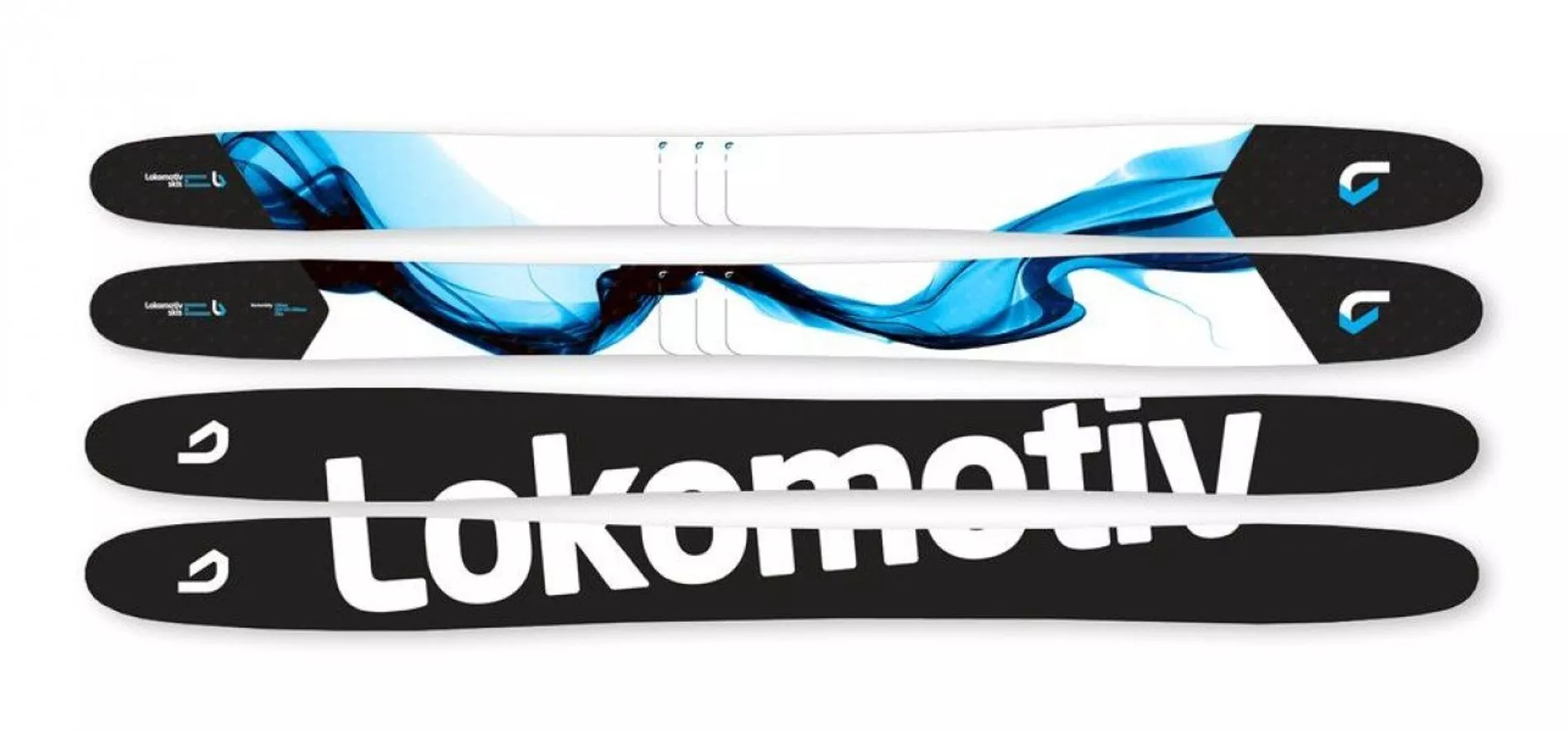
The Rapidly Growing Use of Bamboo in Snowboards and Skis
It clear that bamboo is emerging as one of the top sustainable materials for use in snowboard, skii and ski pole manufacture. It’s hardly surprising when you consider that the highly durable material is known to grow up to 3 cm per day. Given its abundance, ease of cultivation and material properties in comparison to alternative natural materials, we foresee steady growth in the use of this smart-material for skis, snowboard and green surfboard fabrication.
Do you know about a smart-material or environmental development that we don’t? We appeal to every rider, amateur or expert, who can help grow the The Fair Cottage project and our conscious network with insights or info. Please leave your feedback in the comments section, on our instagram channel or write us an email.
If you would like to join our conscious network and contribute towards change, please sign up to our mailing list.
